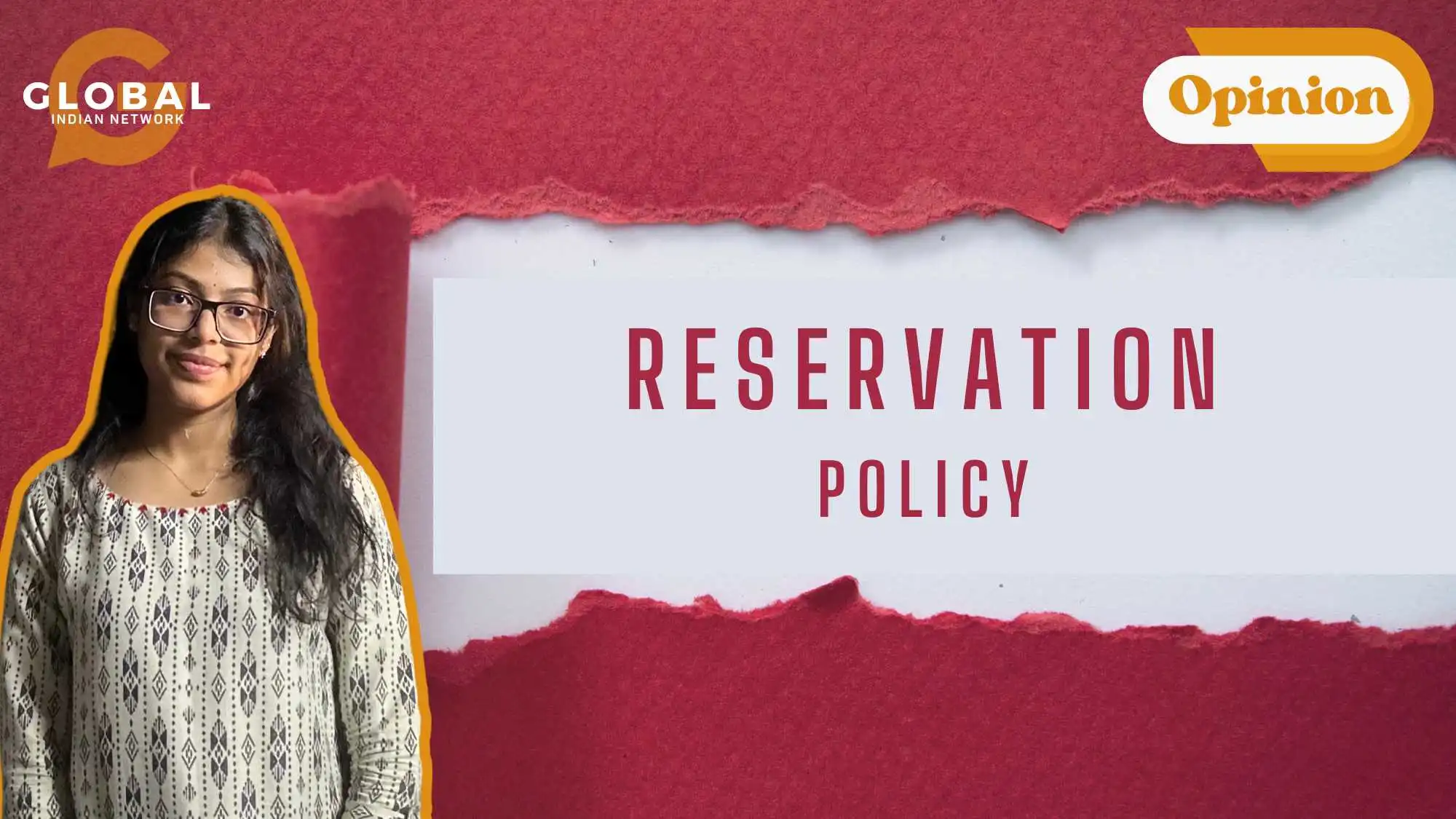The reservation policy of India envisaged to uplift the downgraded sections of society, has remained in the thick of debate since its inception. No doubt, it has opened doors for many who were denied access to education and opportunities, but simultaneously, it also evokes controversy and criticism. The reservation of different castes in Indian education assumes the role of a torchbearer in social justice but becomes a source of divisiveness
How does the reservation policy contribute to fostering inclusivity in universities? How can the reservation policy lead to feelings of injustice among non-reserved categories? Let’s find out!
The Benefits of Reservation
The reservation framework is a major advantage as it fosters the universities’ inclusive behavior towards students. The law reserves seats for the less privileged students, ensuring they are given equal chances in competitions that would otherwise not see them due to their societal background. The benefit of this inclusion is not limited to individual learners but expands to the whole classroom through diversity promotion that brings different ideas together.

Furthermore, reservation has been crucial in counteracting entrenched inequalities in Indian society. It establishes equality among individuals who have been discriminated against over the years by providing them with equal access to education and work opportunities. The ripple effect of this initiative encourages every member of the community because educated people usually act as models in others’ lives and serve as change-makers.
Additionally, the reservation system dismantles conventional hierarchies that have held sway in India for centuries past. By placing persons from oppressed communities on higher posts within the administration, such a policy helps remove caste-based stigmas thereby paving the way for national unity and social harmony since more individuals feel included and have a sense of belongingness in a society at large.
The Drawbacks of Reservation
However, the reservation policy is not without its flaws. One of the most significant criticisms is that reservation can lead to unequal feelings by dividing various groups against each other. Although the policy is targeted to level social justice, many times it backfires in imposing a feeling of injustice on people who do not get facilitated by it. This becomes especially true for people of the non-reserved categories who are economically backward, and they might even start feeling left out, which ensures there are other problems of their own. This feeling is one that can only trigger social tensions and counteract the efforts of bringing an equal society into being.
Moreover, the focus on caste-based reservation often overshadows other forms of disadvantage, such as economic deprivation or regional disparities. In a country as diverse as India, where people have to confront multi-intersecting challenges, a one-size-fits-all approach to affirmative action would be insufficient. That is precisely why a policy with much more nuance and depth is being demanded, taking into account a whole lot of considerations concerning determining reservation eligibility, such as social and economic status.
ALSO READ: Rethinking the Caste Issue Through the Lens of ‘Bhimayana’
Conclusion
The Indian education system’s caste reservation policy is extremely complex. It did its bit to correct historical injustices and promote social justice, but toward the end of its first decade in economic history we can see most clearly where it falls short. As the country changes rapidly, the time is upon us to look at this reservation system once again and roll out a revamp of such a nature that it does service its optional objective. Such focused revamping will preserve the original intent of the policy while addressing some of these criticisms at the core level among those truly disadvantaged.
Ultimately, an education system should be devised through which any person, irrespective of caste, class, or background, should have the possibility of reaching the highest on the basis of merit and potential. While reservation was an important tool of social justice, it was in dire need of painstaking management and periodic review so that this policy could achieve its objectives without leading to new formations of inequality. The challenge remains one of redressing past imbalances with the promotion of merit and thus equal opportunity for all.
Let us know your thoughts in the comments below. If you have burning thoughts or opinions to express, please feel free to reach out to us at larra@globalindiannetwork.com.











In the drawback section you have mentioned about a non-reserved category from economically backward section who are getting agigated against reservation system. But, in January 2019, India’s Parliament amended the constitution for the 103rd time to bring about a 10% quota in government jobs and higher educational institutions for EWS. So, I think this point doesn’t make a sense. And if people from upper caste andeconomically backward gets agitated I think they should think over it a lot.
Secondly, for the last para in the same section ( drawback section) we have to understand why this reservation system came into being. To do away with “Social Disability” rather than economical issue. This has also been discussed in “Hutton’s Census” popularly known as 1931 Census.
Yea, one drawback that I find with reservation system is that the remaining 40% of the total available seats can be taken up by anyome. For instance, Meritorious reserved Candidates fight there as well as 5% reservations for persons with disability can too fight there in that 40% reservation that has been left with unreserved category. The policy makers should do sth for this.